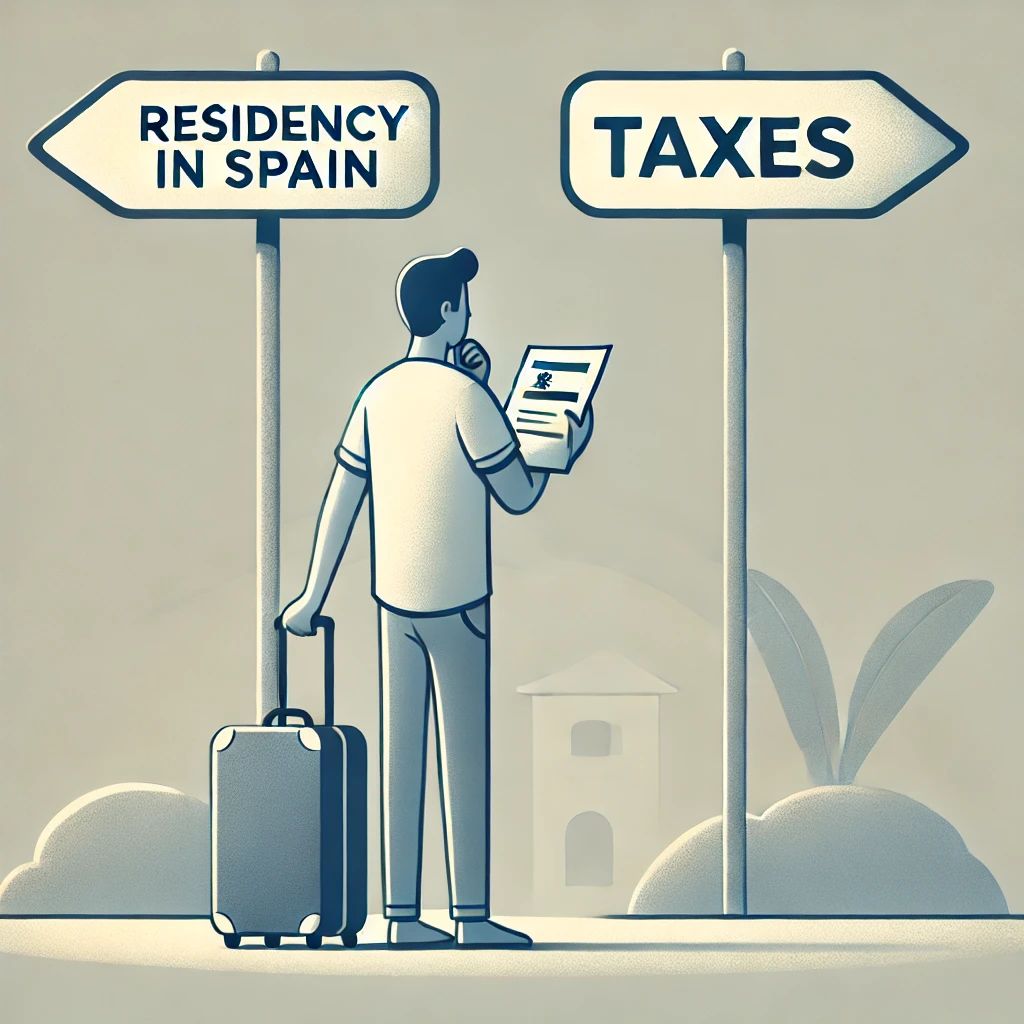When moving to Spain, it’s essential to understand the distinction between legal and fiscal residency. Each has different requirements and consequences, particularly in terms of taxation.
To obtain legal residency, the process varies for EU citizens and non-EU citizens. For EU nationals, registering at the local town hall (empadronamiento) is the first step, but it’s not sufficient on its own. Non-EU citizens, on the other hand, need to apply for a visa, such as the non-lucrative visa or Golden Visa, and each visa has its own set of requirements.
For example, the non-lucrative visa requires proof of income or savings, and health insurance, while the Golden Visa requires a substantial investment in Spanish property. It’s worth noting that some visas limit how long you can stay outside Spain during the year. For instance, if you hold a non-lucrative visa, you cannot be out of Spain for more than six consecutive months in a year, or else you risk losing your residency status.
Becoming a fiscal resident is a separate issue from legal residency. Fiscal residency means that you are liable to pay taxes in Spain on your worldwide income, not just income generated within Spain. The key factor here is the 183-day rule: if you spend more than 183 days in Spain during a calendar year, you will be considered a fiscal resident, regardless of whether you hold legal residency or not. However, even if you stay for less than 183 days, you may still be classified as a fiscal resident if your economic interests (such as a primary business or family) are based in Spain.
If you wish to avoid fiscal residency while having legal residency in Spain (for example, to take advantage of living here without being taxed on global income), you must ensure that you do not exceed 183 days in the country in any calendar year. Additionally, you should retain proof of fiscal residency in another country, such as utility bills, tax certificates, travel documents, or membership in local clubs. This paperwork is crucial in case the Spanish tax authorities request proof. But you have to be very careful with the limitations we mentioned when leaving the country a number of months.
Working with Spain’s legal and fiscal residency requirements can be complicate, especially when aiming to avoid becoming a tax resident. If you’re planning to reside in Spain without triggering fiscal residency or are uncertain about how Spain’s tax laws may affect you, it’s crucial to get expert advice.
At Salvador Tax & Legal, we specialize in providing tailored guidance to ensure you meet legal requirements while minimizing tax obligations. Contact us to discuss your situation and ensure you comply with Spanish and international tax regulations

